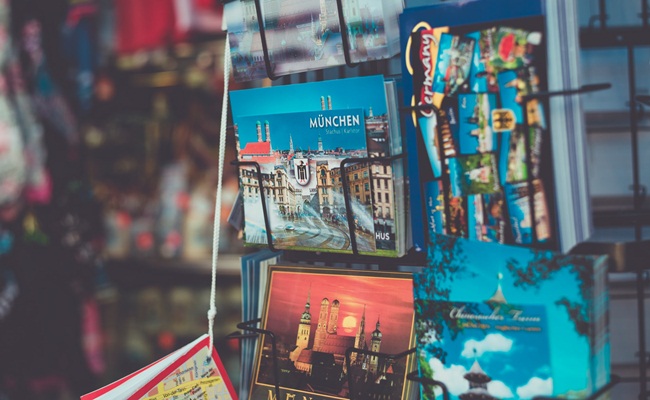A new, improved and fully consolidated 3D digital environment will be capable of reshaping e-commerce, online services, and social media like never before.
Following last year’s announcement that several companies, including Facebook and Microsoft, are working to make the metaverse a reality, the online world is now bracing for a new age of the internet. In this sense, the tourism and hospitality industries could be affected by such upcoming innovations.
While the tourism industry is already taking advantage of innovations related to the current digital age, the metaverse could be a defining moment in the history of the business. A new, improved and fully consolidated 3D digital environment will be capable of reshaping e-commerce, online services, and social media like never before.
As of 2022, some ideas behind the metaverse are already being implemented. In recent years, there has been a significant increase in the number of virtual and hybrid events held online. This comes as a result of the new age of digital entertainment in which users can get to experience digital forms of activities that take place in the real world. Some of those activities include travelling and visiting new places, but also streaming, virtual concerts and even online gambling. For instance, it is now possible for users to experience the atmosphere by joining online casinos where users can have access to bonus bingo rounds for new customers. In addition, it is now possible to join in on live streaming games, with live dealers and games in real-time.
Metaverse and virtual tourism
But the main question remains: how can Metaverse change traditional travel? While one would be quick to assume that the successful creation of the metaverse would involve people no longer travelling to a specific destination or becoming more reliant on their virtual environment, that is far from the goal.
According to several industry insiders, the Metaverse is currently perceived as an enabler, a tool that will complement rather than replace. For instance, hotel chains, cruise brands, travel agencies and other businesses could use the metaverse to showcase their products. Travellers could wander through two different cities, without leaving their houses, comparing and examining hotels and attractions using 3D images (featuring accurate colours, lights, and dimensions) and also sounds.
But that’s not all, it could also be used to develop a new type of virtual tourism that allows two people living in different cities to travel virtually to the same city. This type of experience has the potential to surpass any current form of communication, including video and audio calls.

Photo by Tirachard Kumtanom from Pexels
New trends in tourism
Insiders are also pointing out the fact that even if the metaverse offers a totally immersive experience, it isn’t clear if people will like it. In fact, one of the latest trends in the tourism industry is to look for authentic experiences. Increasingly, tourists enjoy experiencing the real life of the communities they are visiting – avoiding overcrowded or obvious places, instead opting to live like locals. One aspect that could help explain this is that perhaps people are feeling alienated from modern life and, for this reason, yearn for authenticity. Simultaneously, this could also help explain the rising popularity of ecotourism, which relies on escapism combined with digital detoxification.
Ultimately, while the metaverse has the power to change tourism, it all depends on how users perceive digital experiences. Not only might they feel tired of technology taking over all aspects of their life, but they might also feel underwhelmed by the limitations of virtual experiences.
Main photo by Markus Spiske on Unsplash
































































































































































































































